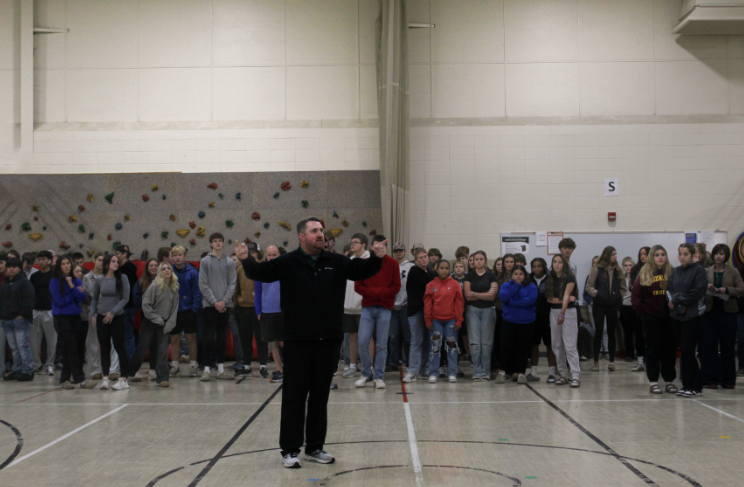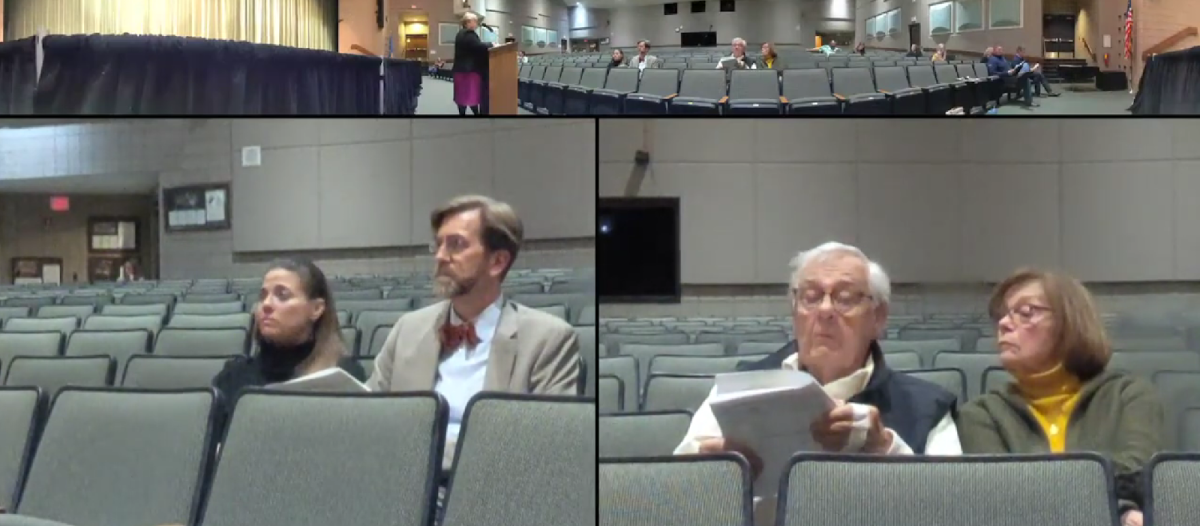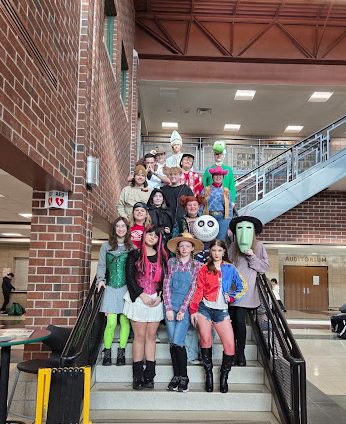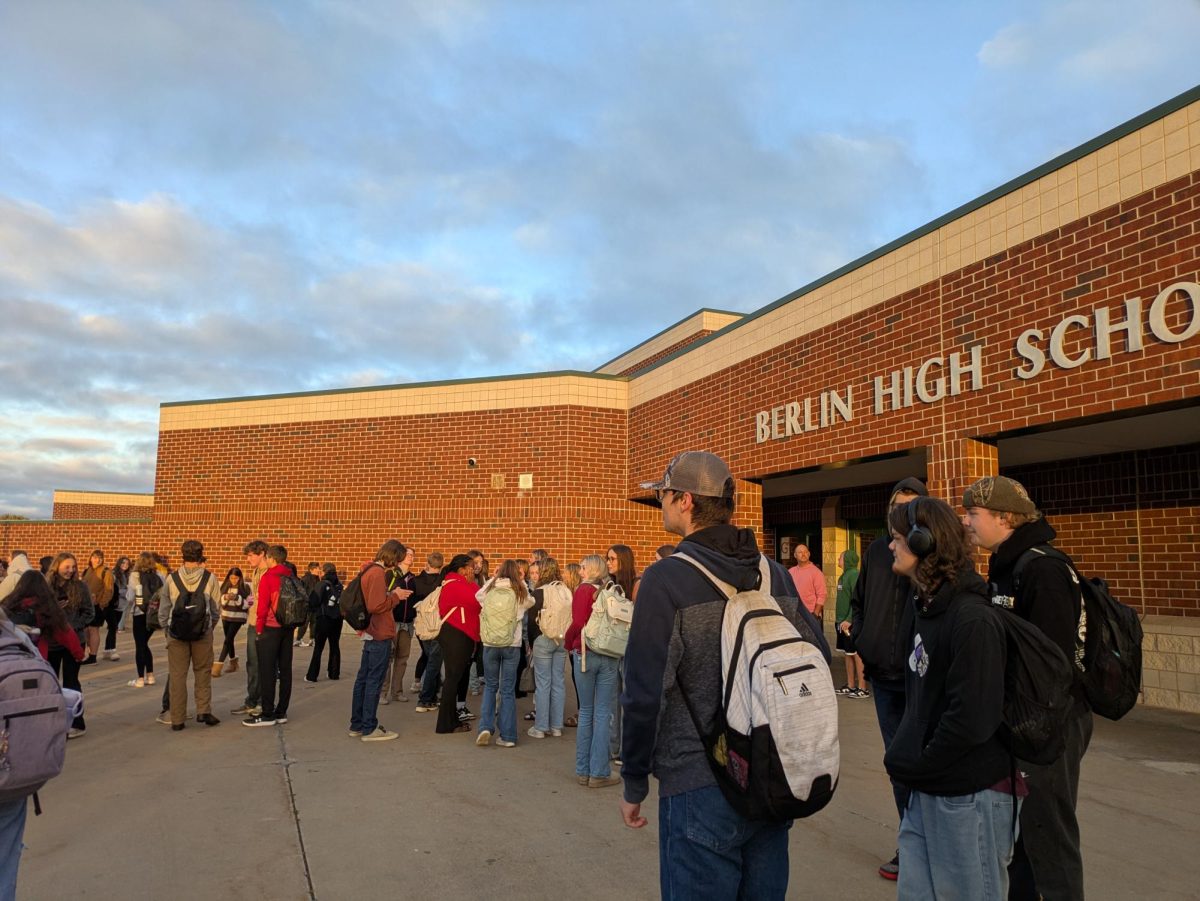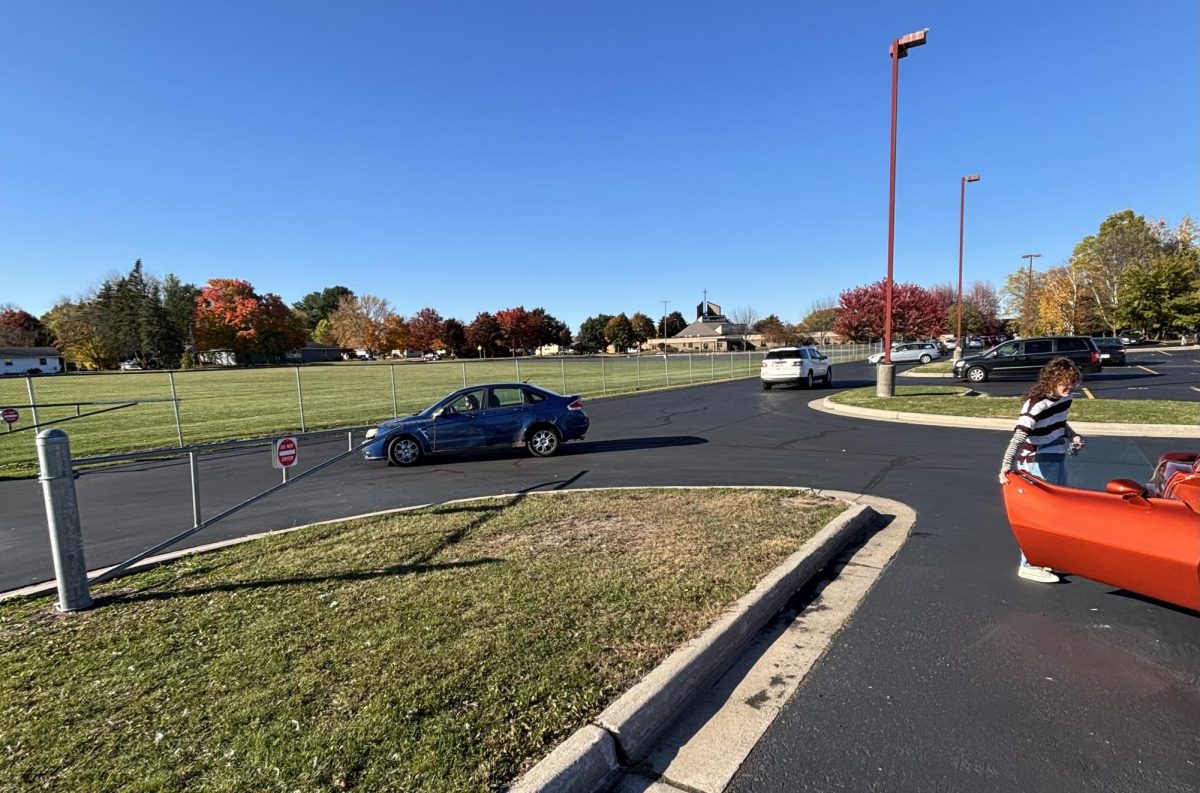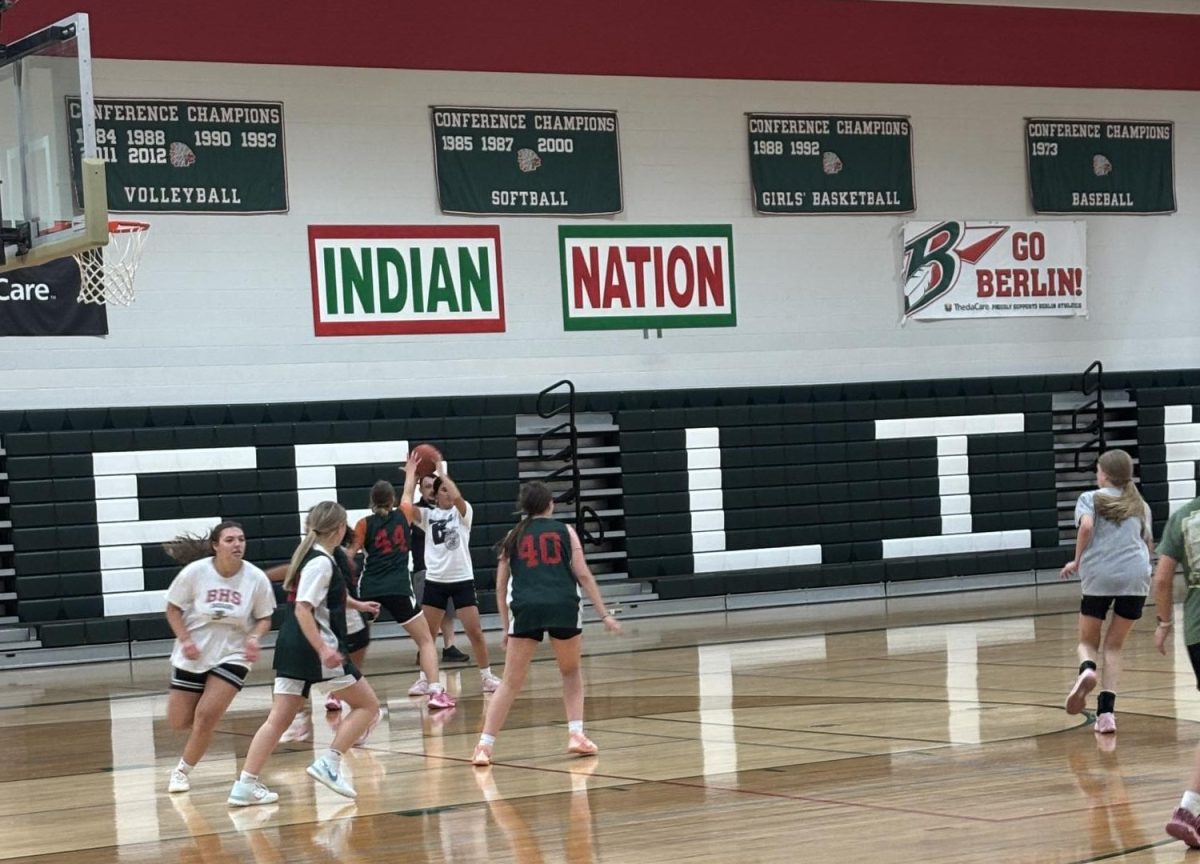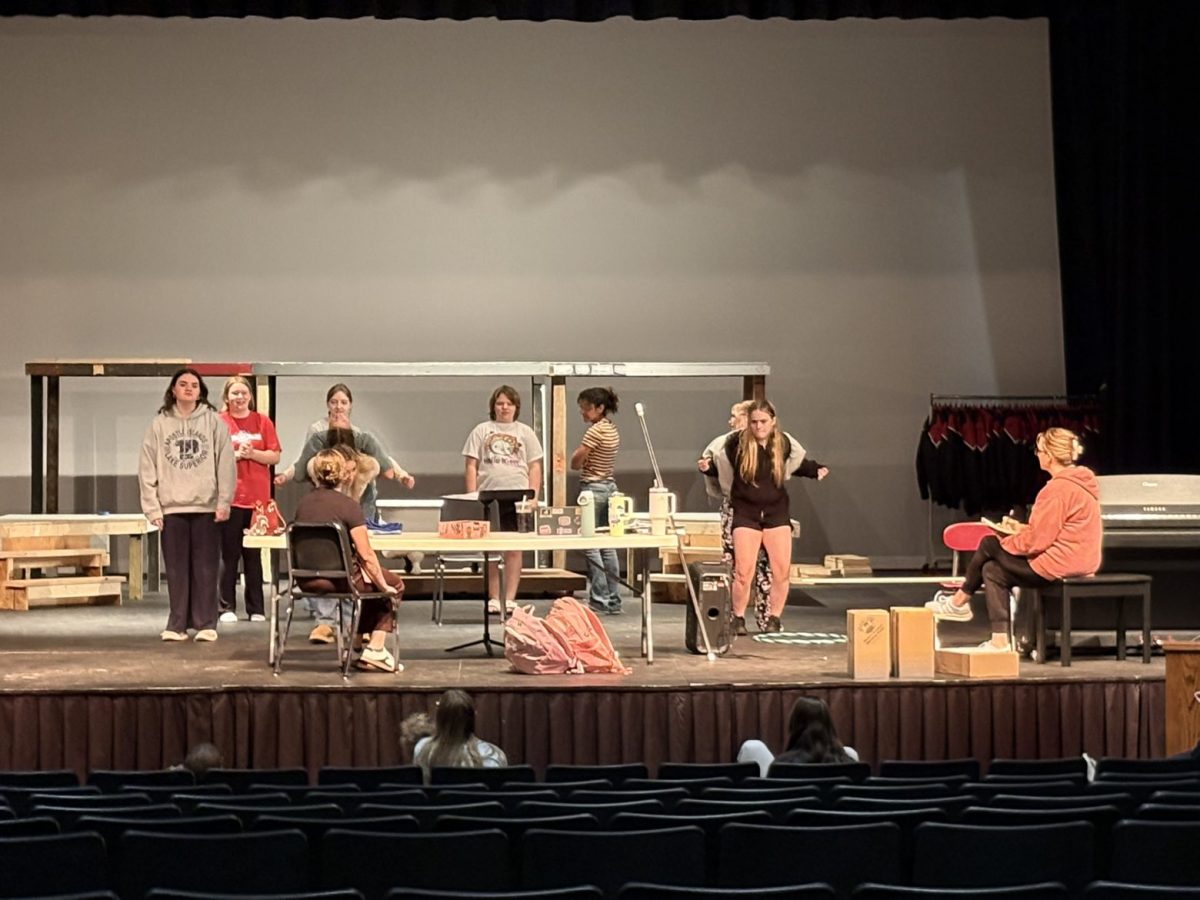An operational referendum will be on the ballot on Nov. 5 for the BASD. A referendum is a public vote, in this case a vote on whether or not to raise taxes in order to obtain more funding for Berlin Area School District. If passed, this referendum will go towards operational costs such as the salaries of staff, transportation, utilities, etc.
“I’m a strong believer that there is a strong relationship between how you fund schools and what you get out of schools,” Superintendent Dr. Emmett Durtschi said. “If you can attract the best teachers, have the best programs, and have the updated curriculum, you’re going to have better outcomes. The referendum would stabilize us for the next four years to prevent us from making major cuts. Some people are saying they don’t like these ‘fear tactics,’ but to me, a fear tactic is scaring people with false information.”
If the referendum does not pass, the school board has decided not to go back to referendum immediately, which will force them to make major cuts and be unable to close their budget gap. The school previously attempted a referendum in April 2023, but failed with 56% voting “no.” When it came to voting on whether or not to go to referendum again, the vote was a unanimous “yes” from the school board.

“The decision to go to referendum was unanimous. We have spent a great deal of time analyzing the referendum,” School Board President Catherine Kujawa said. “When it came time to vote on the matter, all board members could see the importance of this ask. The decision to go to referendum was not made lightly, but we are at a point where our students’ educational experience will be affected without additional financing that comes from the referendum.”
Since the first referendum failed in April 2023, the school district was forced to make some cuts in order to stay within budget. According to Dr. Durtschi, the district has historically been low revenue, with low costs for staffing and other expenses. While this keeps the taxes in Berlin low, it also means that when it comes to cutting costs, there is not a lot that can be cut without affecting the students.
One of these cuts included bus transportation within a certain distance from the school.
“One question that has come up is ‘if we pass the referendum will we get those routes back?’ and the short answer is no. We’re not going to bring the routes back; we have fewer kids. We may look at seeing if we need to put a couple hubs on the west side further away from schools,” Durtschi said. “Those bus routes were city routes, so within two miles roughly the students have to walk to school or go to school by car. We don’t get funding reimbursement from the state from within two miles, so that was coming out of our own budget, while the routes outside of two miles give us some percentage of funding back from the state.”
When COVID hit in 2020, the school district received extra federal funding in order to effectively deal with the consequences of the pandemic. That funding has finally run dry, which is another reason the referendum is on the ballot.
“In the state of Wisconsin, they did something a little different (than other states). They reduced their funding to our schools, since the federal government was giving us extra funding. Most states didn’t do that. They kept their state funding and this was additional, so we had to make cuts because we had to pay it out of federal dollars,” Durtschi said. “Those funds gave us things that the taxpayers didn’t have to pay for, which went towards things like the new playground at the elementary school. That needed to be done at some point. It was unsafe and inaccessible for kids with disabilities.”
If this referendum fails, the school board has decided not to go back to referendum right away. Effects of this referendum failing would be cuts in staffing, postponing maintenance, and cuts in extracurricular activities and clubs. Teachers such as English teacher Angela Femali also fear that losing the referendum could cost their jobs.
“Failing the referendum could affect me in a number of ways. I could potentially lose my job,” Femali said. “I think that education is extremely important, so I think that (passing the referendum) would help me do my job in teaching students by providing me with more resources and by making sure we attract quality teachers and retain them. I’m nearing the end of my career, and I’m hoping to leave my students in the hands of talented educators.”
The referendum passing would not only provide more job security for the teachers in the BASD, it would provide security in the type of education provided to students. Due to the last referendum failing, a million dollars in staffing costs were cut, which has already affected class sizes and will continue to do so if this referendum fails.
“I’d really like to see it (the referendum) get passed and just see the community rally behind the school,” history teacher Ryan Scanlan said. “We hear a lot of complaints about the school district, and they’re not always as supportive as they could be.”
Concerns with how passing the referendum could affect taxes in Berlin have come up, since it would be increasing taxes. This increase in taxes is based on property value, so a house with a property value of about $200,000 would cost an extra $76 in taxes a year.
Some students are also concerned about where some of that money could be going.
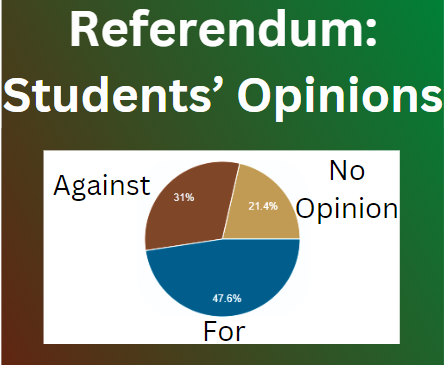
“A lot of it goes to a good place, and I think a lot of it if used correctly would be very very good. So I think I will be voting. I think it’s important for people to vote and put their opinion out there, but it’s also a very complicated issue,” senior Gabriel Hill said.
Despite worries that money coming in from the referendum will be wasted, Durtschi is positive that they can reduce as much money waste as possible.
“I can say that our district tries really hard to prevent money waste. We try really hard to keep our costs down. We have held off on repairing or replacing plenty of things to keep costs down,” Durstchi said. “There’s also a calculator on our website to figure out how much it would cost you. It’s a four-year referendum, so this would be good for the next four years. The referendum would stabilize us for the next four years to prevent us from making major cuts.”
Cuts that would be made include teachers who would not be replaced, and extracurriculars that do not have enough student involvement or staffing to coach them. Overall, individuals that are eligible to vote for this referendum are encouraged to do so and educate themselves on what the referendum would do for them and the school.
“Our website has a bunch of really good information,” Durtschi said. “If there is any student or member that has a specific question about the referendum, I challenge them to come to me and ask me about it.”


